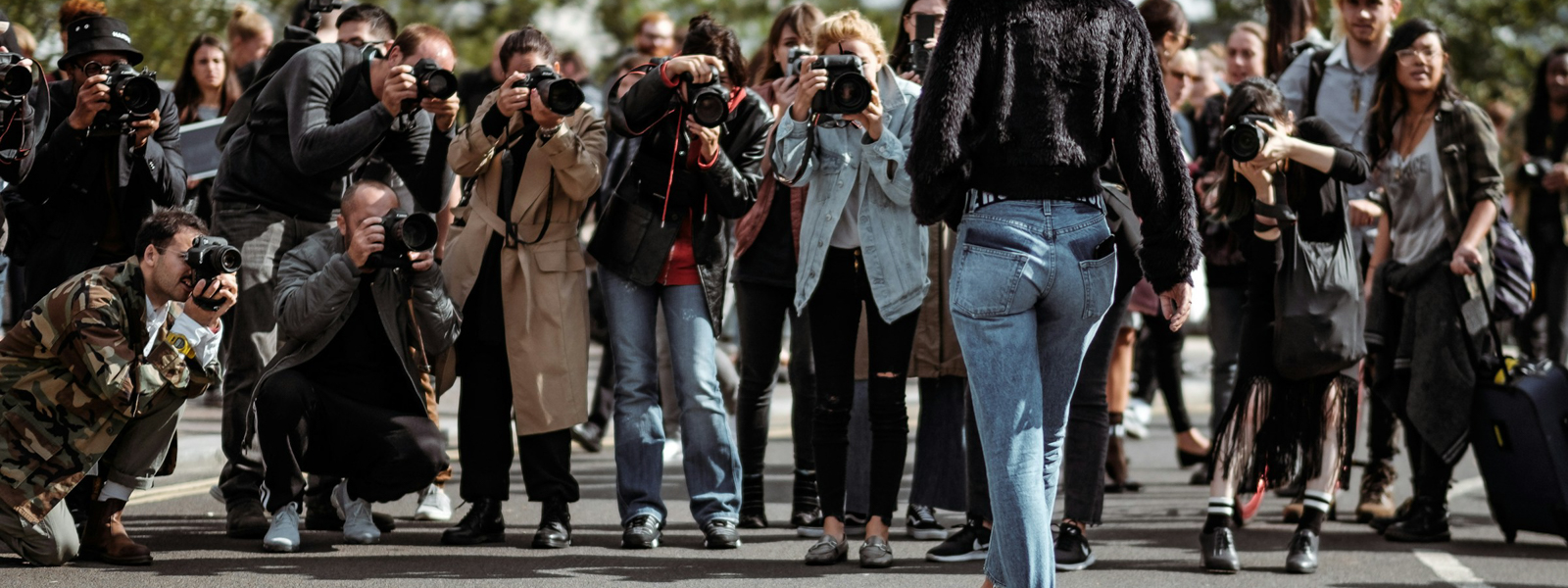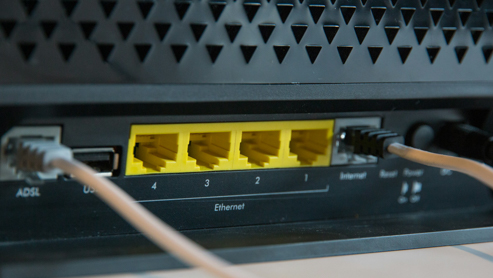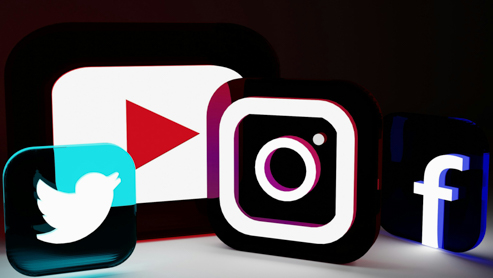What are celebrity scams?
Would you follow the guidance or demands from an elected official or well-known public figure? Criminal scammers think so, exploiting artificial intelligence (AI) tools and the trust placed in popular individuals to swindle money or deceive unsuspecting victims. Educate yourself about celebrity scams, how to identify them, and avoid them.

How does a celebrity scam work?
With the rise of artificial intelligence (AI) tools and other techniques, criminals can replicate voices, create deepfake videos, and forge identification cards. By using their arsenal of deceptive technology and tools, the potential impacts and consequences are alarming. For example, during the 2024 Presidential Primary Election, Joe Biden’s voice was cloned and used to communicate with voters in New Hampshire, aiming to discourage and suppress voter turnout.
Beyond large-scale attacks, criminals also use this technology to target individuals directly, impersonating celebrities or trusted public figures to solicit money or personal information. Scammers may request people to invest in fraudulent schemes, falsely claim that celebrities endorse a product, or leverage celebrity voices in other ways to lend credibility to their schemes. Deepfake videos are commonly used, showcasing a celebrity offering free or discounted products, and a provide a link that directs people to sign up for a platform. From there, scammers may request for money or personal information to pay for said product or services. Be wary of these scams as it can put you identity and finances at risk.


Microsoft Defender
Stay safer online with one easy-to-use app1
1Microsoft 365 Personal or Family subscription required; app available as separate download
How to identify a celebrity scam
The first step to protecting yourself from a scam is identifying them. For deepfake videos, conduct a litmus test to determine whether a celebrity endorsement is a part of a scam. Analyze the following:
- Movement and facial expressions. Pay attention to how the celebrity moves in the video clip. Are there any unusual facial expressions or body language? Deepfake technology might struggle to perfectly replicate natural movements.
- Background distortion. Check if the video background appears distorted or out of place. Deepfake creators may not always get the background right, leading to inconsistencies or oddities.
- Sources. Determine who published the video and how it was shared. Legitimate celebrity endorsements typically come from verified sources. Look for logos or watermarks to verify authenticity.
- Context clues. Assess whether there’s enough context to explain the actions in the clip. Does the celebrity’s behavior and the product background make sense with what’s shown in the video? Inconsistencies could indicate a deepfake.
Beyond deepfake videos, it’s essential to understand how to protect yourself from voice cloning scams. Signs such as unusual speech patterns, urgent requests, and demands for personal information may indicate a voice cloning scam. Educate your family members and loved ones about these telltale signs so they have a better chance to prevent scammers from accessing your information through other means.
Criminals exploit various techniques and technologies to steal your financial and personal information. Keeping informed about the latest developments in technology, online, and social media scams is crucial for your protection. By learning to analyze and identify deepfake videos and other deceptive techniques, you can safeguard yourself from becoming a victim of crime. Keep yourself safe from the latest social media scams and cyberattacks with more privacy and safety tips.
Achieve the extraordinary with Microsoft 365
The powerful productivity apps and creativity tools in Microsoft 365 just got better. Work, play, and create better than ever before with the apps you love and Microsoft Copilot by your side.
Try for free













